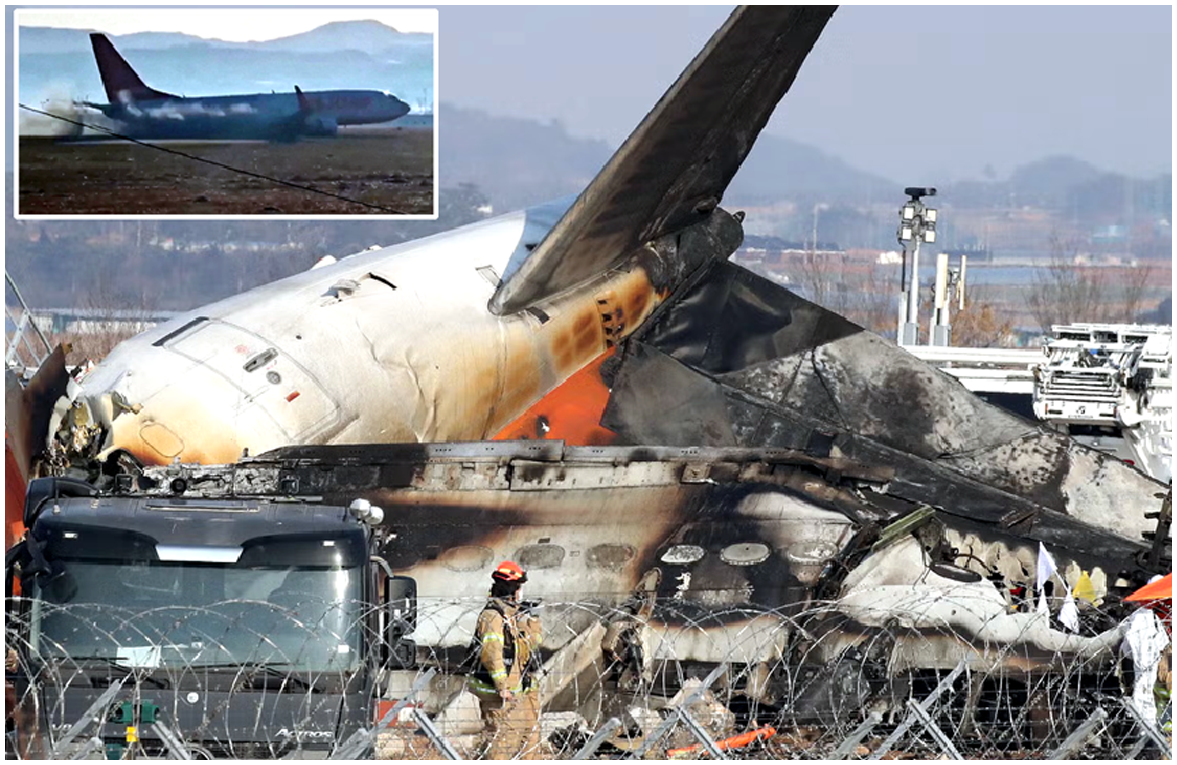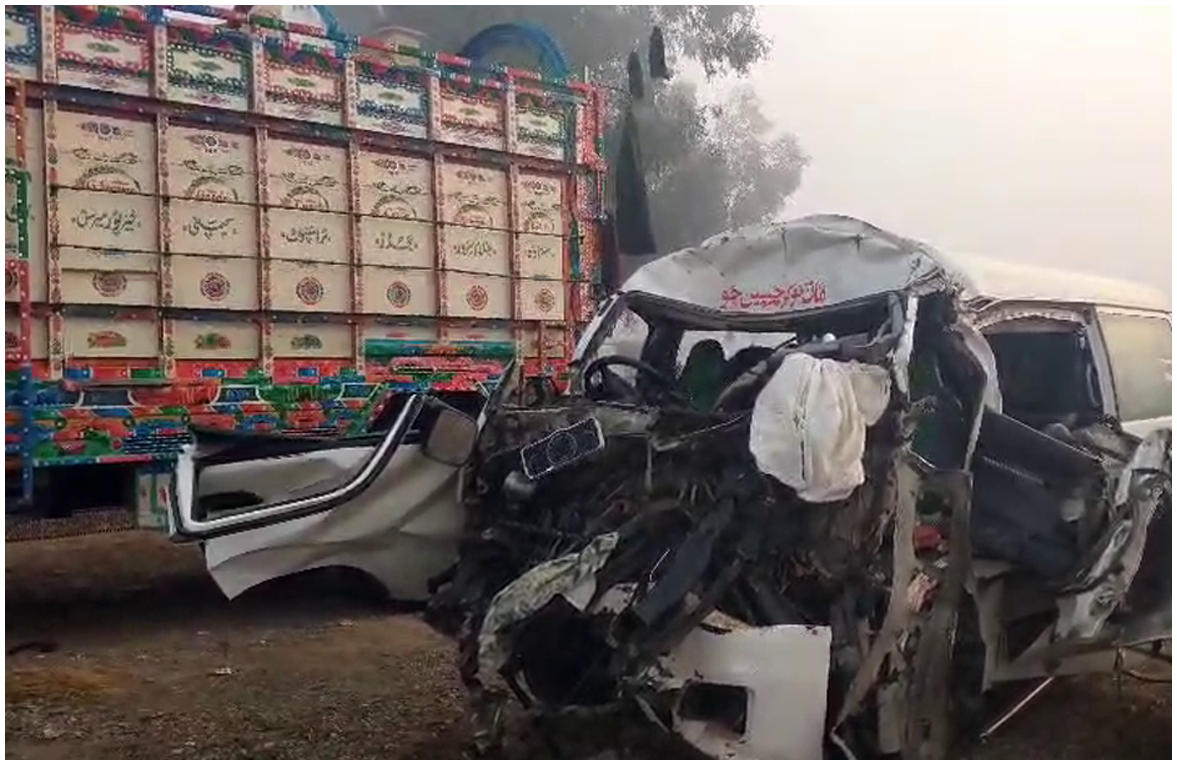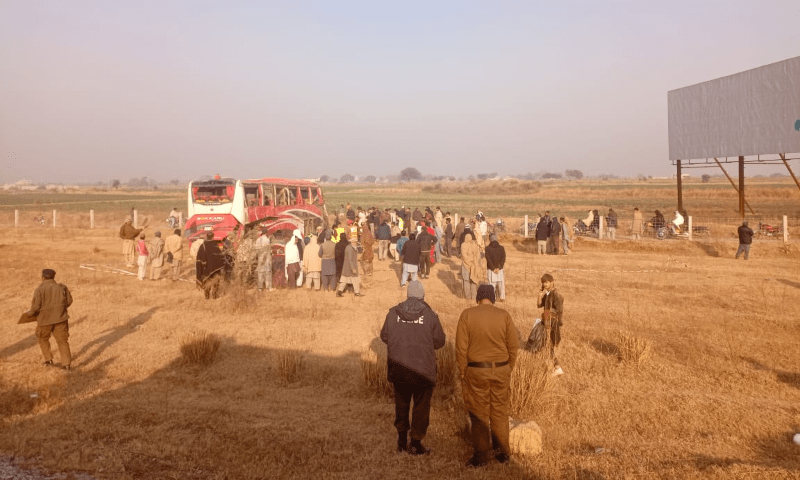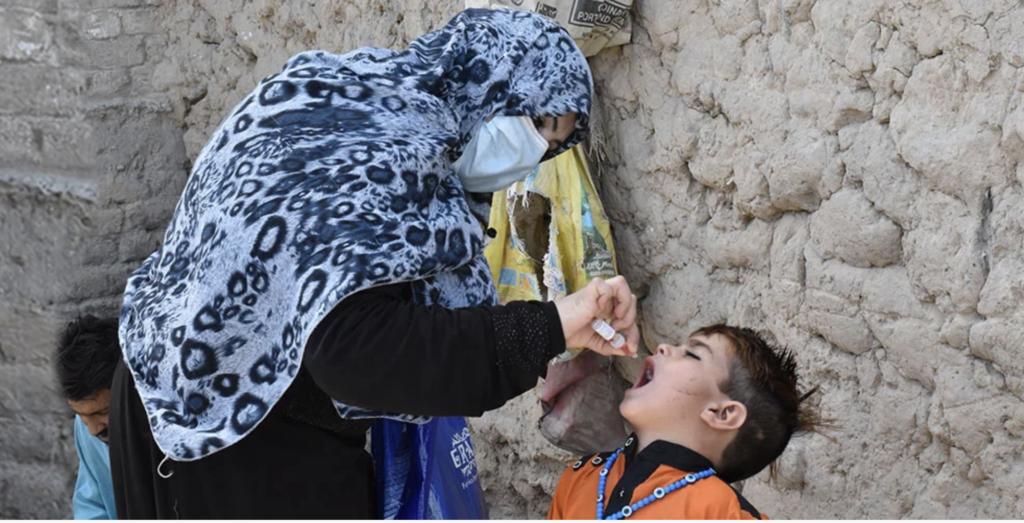HEALTH
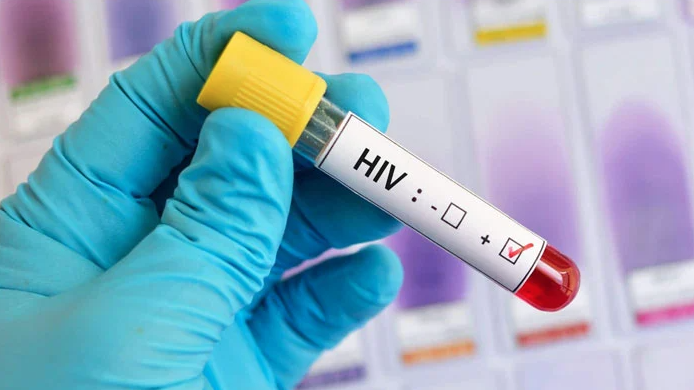
Pakistan is grappling with a significant rise in HIV cases, with 9,713 new infections reported during the first nine months of 2024. This marks a monthly average of over 1,000 new cases, a concerning trend that health experts attribute to low awareness and inadequate preventive measures.
According to the Federal Ministry of Health, the country is on track to record approximately 12,950 HIV cases by the end of the year, surpassing the 12,731 cases reported in 2023. The sharp increase highlights the urgent need for comprehensive public health interventions.
HIV Cases by Demographics
Health ministry data reveals that:
- 69.4% of HIV cases are men.
- 20.5% are women.
- 4.1% are transgender individuals.
- 6% are children.
Regional Distribution
The spread of HIV cases across provinces shows Punjab bearing the brunt, with over half of the total reported infections.
- Punjab: 5,691 cases
- Sindh: 2,383 cases
- Khyber Pakhtunkhwa: 926 cases
- Balochistan: 329 cases
- Islamabad: 378 cases
- Azad Kashmir: 10 cases
Transmission Warnings
Health experts have raised concerns over the growing transmission of HIV from high-risk groups, such as people who inject drugs, to the general population. This shift is fueled by factors such as:
- Low awareness about HIV prevention.
- Unsafe sexual practices.
- Lack of proper safety measures in healthcare settings, including unsterilized medical equipment.
Call for Action
Public health officials emphasize the urgent need for enhanced awareness campaigns to educate communities about HIV prevention and transmission.
- Screening and Testing: More accessible testing facilities must be established to detect cases early and initiate treatment.
- Preventive Measures: Health facilities need strict enforcement of safety protocols, including the sterilization of medical instruments.
- Education: Programs focusing on safe practices and the reduction of stigma around HIV are critical.
Dr. Kamran Ali, a senior epidemiologist, stated, “The increase in HIV cases reflects a dire need for targeted intervention. Awareness, prevention, and treatment must be prioritized at all levels to curb this growing health crisis.”
Conclusion
As the year progresses, Pakistan faces mounting pressure to address this alarming rise in HIV cases. Collaborative efforts from the government, healthcare providers, and civil society are essential to reverse the trend and protect public health.
